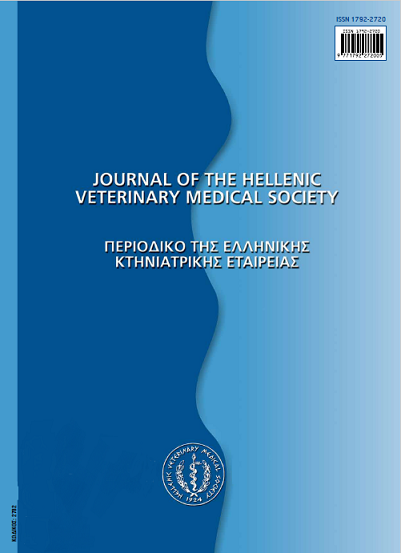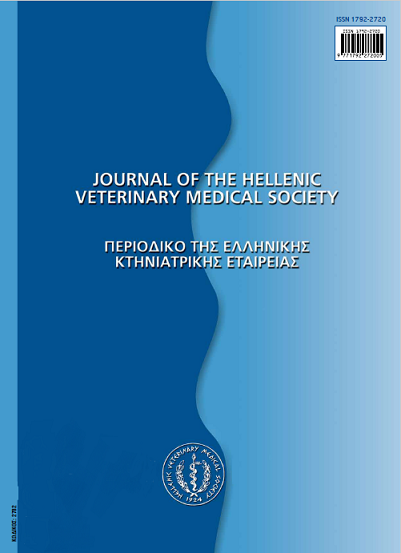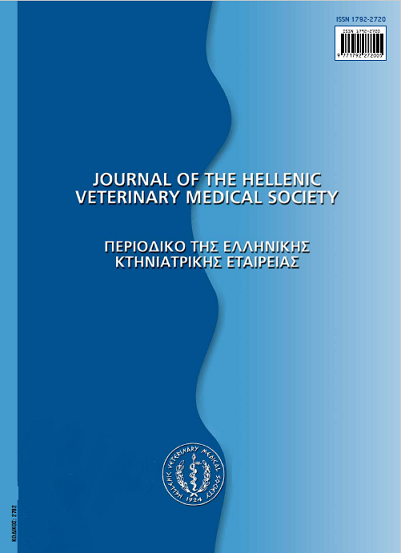Salmonella spp. in poultry: a constant challenge and new insights
Abstract
The knowledge about virulence mechanisms, resistance to antimicrobial agents and the biofilm formation ability of Salmonella spp. in poultry industry has been expanded over the years. However, in spite of the research efforts and significant investments to improve management systems in poultry industry, it has become evident that none of the methods applied in all stages of food production chain are 100% effective in eliminating Salmonella spp. Different serovars are manifesting different mechanisms of invasiveness which depend on their ability to invade lower zones of the lamina propria, their ability to gain accesses to parenchymatous organs and survive in macrophages. The ubiquitous nature of Salmonella spp. due to their adaptation to animal and plant hosts, as well as their survival in hostile environments and their enhanced capacity to produce biofilms, contribute to a long lasting contamination of the environment, feed and animals. The emergency and spread of antimicrobial resistances in Salmonella spp. raise additional concerns.
Article Details
- Zitationsvorschlag
-
VELHNER, M., MILANOV, D., & KOZODEROVIĆ, G. (2018). Salmonella spp. in poultry: a constant challenge and new insights. Journal of the Hellenic Veterinary Medical Society, 69(2), 899–910. https://doi.org/10.12681/jhvms.18012
- Ausgabe
- Bd. 69 Nr. 2 (2018)
- Rubrik
- Review Articles

Dieses Werk steht unter der Lizenz Creative Commons Namensnennung - Nicht-kommerziell 4.0 International.
Authors who publish with this journal agree to the following terms:
· Authors retain copyright and grant the journal right of first publication with the work simultaneously licensed under a Creative Commons Attribution Non-Commercial License that allows others to share the work with an acknowledgement of the work's authorship and initial publication in this journal.
· Authors are able to enter into separate, additional contractual arrangements for the non-exclusive distribution of the journal's published version of the work (e.g. post it to an institutional repository or publish it in a book), with an acknowledgement of its initial publication in this journal.
· Authors are permitted and encouraged to post their work online (preferably in institutional repositories or on their website) prior to and during the submission process, as it can lead to productive exchanges, as well as earlier and greater citation of published work.





